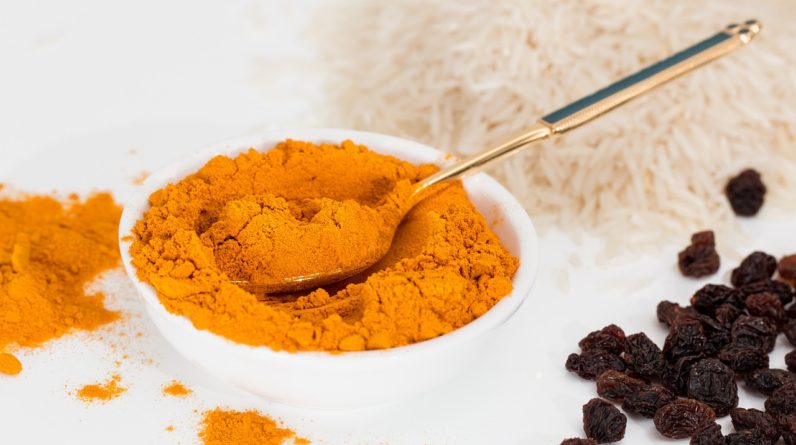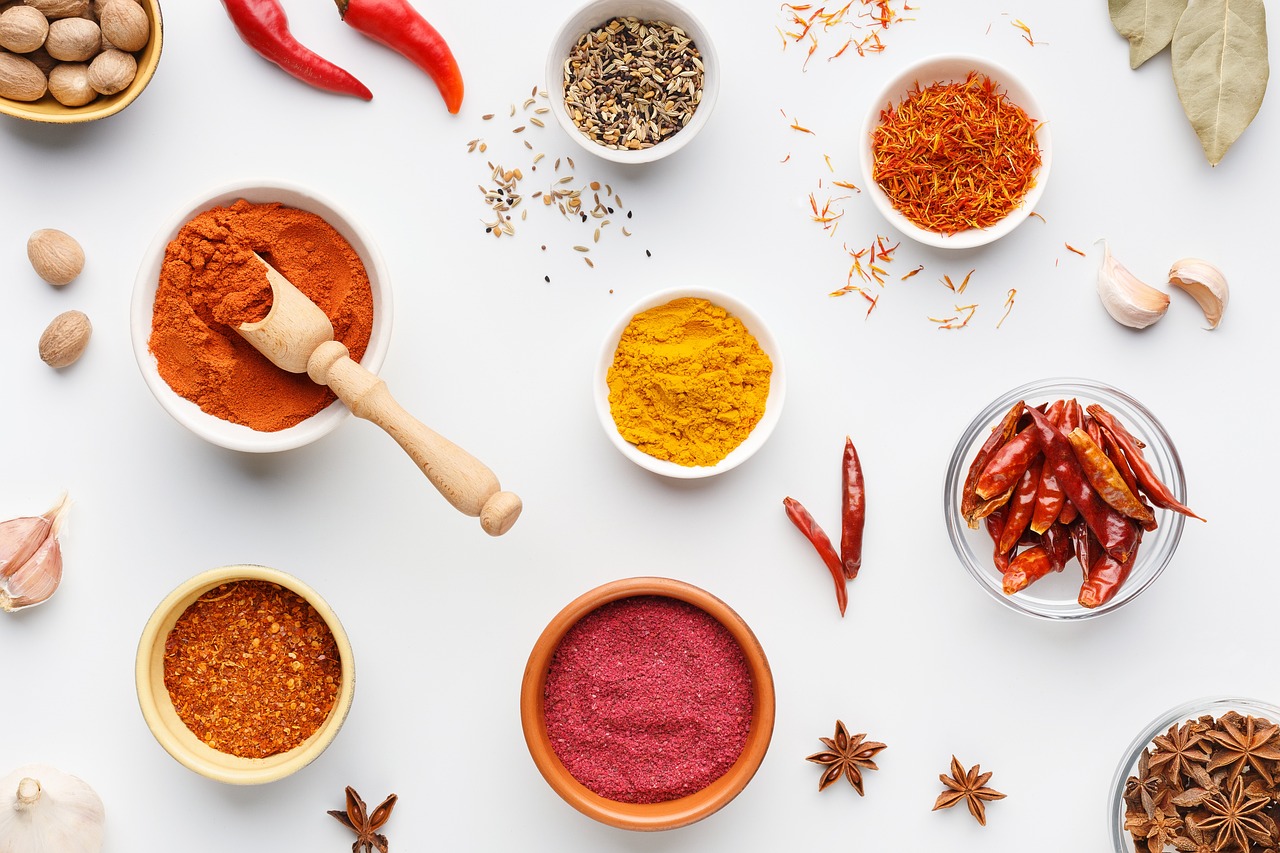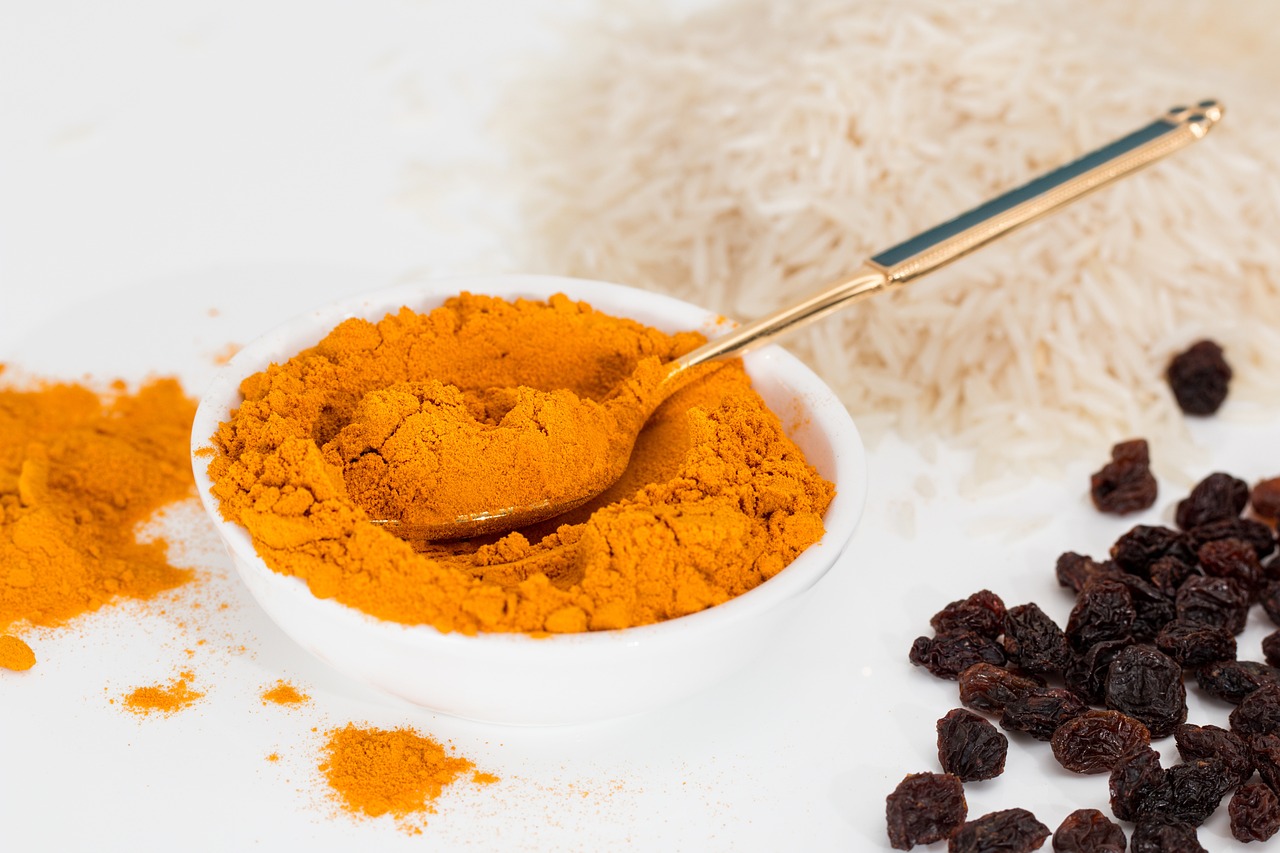
Turmeric, also known as Curcuma Longa, is a powerful spice that not only adds vibrant color and flavor to your dishes but also boasts impressive health benefits. One of its key components, curcumin, has been recognized for its strong anti-inflammatory and antioxidant properties. This means that incorporating turmeric into your diet may help reduce inflammation, support your immune system, and protect against chronic diseases. Similarly, Arnica, derived from the Arnica montana plant, is commonly used topically to reduce inflammation, particularly for bruises and swelling. Together, these natural ingredients offer a natural way to support and maintain your overall well-being.
Turmeric (Curcuma Longa): Contains Curcumin, Known For Its Strong Anti-inflammatory And Antioxidant Properties

What is turmeric?
Turmeric, scientifically known as Curcuma longa, is a vibrant yellow spice that is commonly used in cooking, particularly in Asian cuisine. It is also widely recognized for its medicinal properties and has been used in traditional Ayurvedic medicine for centuries. Turmeric comes from the ginger family and is mostly cultivated in India and other Southeast Asian countries.
Curcumin: The active compound in turmeric
The key compound responsible for the remarkable health benefits of turmeric is called curcumin. Curcumin is a polyphenol that gives turmeric its distinct yellow color. It has been extensively studied for its various biological activities, including its potent anti-inflammatory and antioxidant effects.

Health benefits of curcumin
Curcumin has gained significant attention in recent years due to its impressive health benefits. Numerous scientific studies have shown that curcumin can help support overall well-being and may have the potential to alleviate various health conditions. Its beneficial properties are primarily attributed to its potent anti-inflammatory and antioxidant actions.
Anti-inflammatory properties of curcumin
One of curcumin’s most well-known and studied properties is its ability to reduce inflammation in the body. Chronic inflammation has been linked to the development of several chronic diseases, including heart disease, diabetes, cancer, and Alzheimer’s disease. Curcumin has been shown to inhibit inflammatory pathways and reduce the production of pro-inflammatory molecules, thereby helping to mitigate inflammation and potentially prevent or manage these conditions.
Antioxidant properties of curcumin
Curcumin also exhibits powerful antioxidant activity. Oxidative stress occurs when there is an imbalance between the production of harmful free radicals and the body’s ability to neutralize them. This oxidative stress can lead to cellular damage and contribute to the progression of various diseases. Curcumin acts as an antioxidant by scavenging free radicals and protecting cells from oxidative damage, thus promoting overall health and well-being.
Role of curcumin in disease prevention
The potent anti-inflammatory and antioxidant properties of curcumin make it a promising compound for disease prevention. Various studies have explored its potential role in preventing and managing chronic diseases, such as cardiovascular disease, cancer, neurodegenerative disorders, and metabolic conditions. While more research is needed, the preliminary findings suggest that curcumin may possess preventive properties against these diseases, making it an exciting area of ongoing research.
Turmeric as a natural remedy for inflammation
Turmeric has long been used as a natural remedy for inflammation-related conditions. Its anti-inflammatory effect may help alleviate symptoms associated with arthritis, joint pain, and other inflammatory disorders. Many people incorporate turmeric into their daily routine by adding it to their meals or consuming it as a dietary supplement. Its natural properties offer a potential alternative or complementary approach to conventional anti-inflammatory medications.
How to use turmeric for its anti-inflammatory and antioxidant properties
There are several ways to incorporate turmeric into your diet to harness its anti-inflammatory and antioxidant benefits. You can use turmeric powder to add flavor and color to your dishes, such as curries, soups, and stews. Turmeric can also be brewed into a soothing tea by boiling water with turmeric powder and optional additions like ginger or honey. Another option is to take curcumin supplements, which are available in capsule form. It’s important to note that curcumin is not easily absorbed by the body, so pairing it with black pepper or a source of fat can enhance its absorption.
Possible side effects and precautions
While turmeric is generally considered safe for consumption, some individuals may experience mild side effects, such as an upset stomach or allergic reactions. It is advisable to start with small amounts and monitor your body’s response. Additionally, turmeric may interact with certain medications, such as blood thinners or antacids, so it’s important to consult with a healthcare professional before incorporating turmeric or curcumin supplements into your routine, especially if you have any underlying medical conditions or are taking medication.
Conclusion
Turmeric, with its active compound curcumin, possesses powerful anti-inflammatory and antioxidant properties that have been recognized for centuries in traditional medicine. Scientific research continues to shed light on the potential health benefits of curcumin, including its role in mitigating inflammation, supporting disease prevention, and promoting overall well-being. Whether consumed as a spice in cooking or taken as a supplement, turmeric offers a natural and holistic approach to incorporating these beneficial properties into your daily life. As always, it’s important to consult with a healthcare professional before making any significant changes to your diet or lifestyle.


